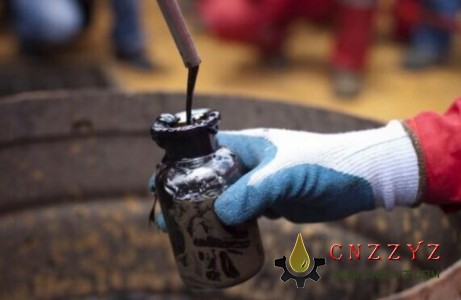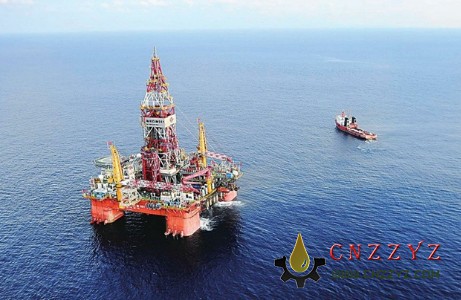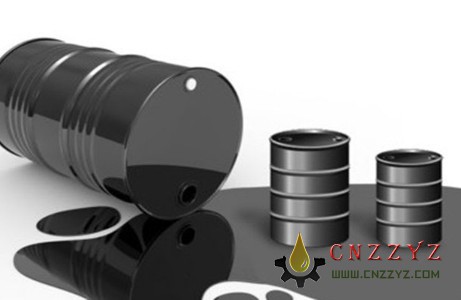石油设备网讯 据路透社巴黎报道,道达尔表示,其新超级计算机将使公司的地质学家能够更快、更便宜地找到石油,而且成功率更高。
道达尔周二表示,由IBM建造的Pangea III计算机将有助于处理复杂的地震数据,以比以前更快10倍的速度搜索碳氢化合物。
道达尔称,Pangea III的计算能力从2013年的2.3 PetaFLOPS提高到2016年的6.7 PetaFLOPS,目前已经提高到31.7 PetaFLOPS,这相当于约17万台笔记本电脑的组合。
根据TOP500表(TOP500每年会对超级计算机进行两次排名),该计算机在石油和天然气行业的超级计算机中排名第一,在全球排名11。
埃尼HPC4超级计算机在TOP500中的全球排名为第17位。
与其他工业集团一样,石油和天然气公司也越来越依赖强大的计算机来更快地处理复杂的数据,这使他们能够降低成本,同时提高生产率和项目成功率。
道达尔负责勘探的高级副总裁Kevin McLachlan告诉路透社,Pangea III的80%时间将用于地震成像。
他说:“我们做事效率更高了,我们正在开发先进的成像算法,以便在这些复杂的领域中给我们提供更好的地下层图像,Pangea III会让我们的速度比以前快10倍。”
道达尔表示,新算法可以更准确、更高分辨率地处理大量数据。
这也将有助于更可靠地确定地下碳氢化合物的位置,这在复杂的环境中是很有用的,在那里它正在勘探盐下石油,如巴西,墨西哥湾,安哥拉和东地中海。
McLachlan预计,由于成像技术的提高,以及油井的评估、开发和钻井技术的改进,计算机能力的提高将影响到道达尔勘探的成功率。
他说:“过去需要一个星期时间来处理的事情,现在只需要一天,由于获得更好的图像,在油井方面将直接节省数千万美元。”
注:PetaFLOPS:Peta:用于计量单位,表示10的15次方,表示千万亿次;FLOPS= FLoating-point Operations Per Second,每秒浮点运算次数(巨型计算机的计算速度单位,即1秒内浮点运算的次数)。
詹晓晶摘自路透社
原文如下:
Oil group Total hopes new supercomputer will help it find oil faster and more cheaply
Energy major Total said its new supercomputer - which has propelled it to a world ranking as the most powerful computer in the sector - will enable its geologists to find oil faster, cheaper and with a better success rate.
The Pangea III computer build by IBM will help process complex seismic data in the search for hydrocarbons 10 times faster that before, Total said on Tuesday.
The computing power of the Pangea III has been increased to 31.7 so-called ‘petaflops’ from 6.7 petaflops in 2016, and from 2.3 petaflops in 2013, Total said, adding that it was the equivalent of around 170,000 laptops combined.
The computer ranks as number 1 among supercomputers in the oil and gas sector, and number 11 globally, according to the TOP500 table which ranks supercomputers twice a year.
Total’s European peer Eni’s HPC4 supercomputer is ranked number 17 in the global top 500 list.
Oil and gas companies, along with other industrial groups, are increasingly relying on powerful computers to process complex data faster. This enables them to cut costs while boosting productivity and the success rate of projects.
The company’s senior vice president for exploration, Kevin McLachlan, told Reuters that 80% of the Pangea III’s time would be dedicated to seismic imaging.
“We can do things much faster,” he said. “We are developing advanced imaging algorithms to give us much better images of the sub-surface in these complex domains and Pangea III will let us do it 10 times faster than we could before.”
Total said the new algorithms can process huge amounts of data more accurately, and at a higher resolution.
It would also help to locate more reliably hydrocarbons below ground, which is useful in complex environments where it is exploring for oil trapped under salt, such as Brazil, the Gulf of Mexico, Angola and the Eastern Mediterranean.
McLachlan expected the increased computer power to affect Total’s success rate in exploration, because of the better imaging, and in oil well appraisals, development and drilling.
“What used to take a week, now takes us a day to process,” he said, adding that tens of millions of dollars of savings would be made on the oil wells as a direct result of obtaining better images.






